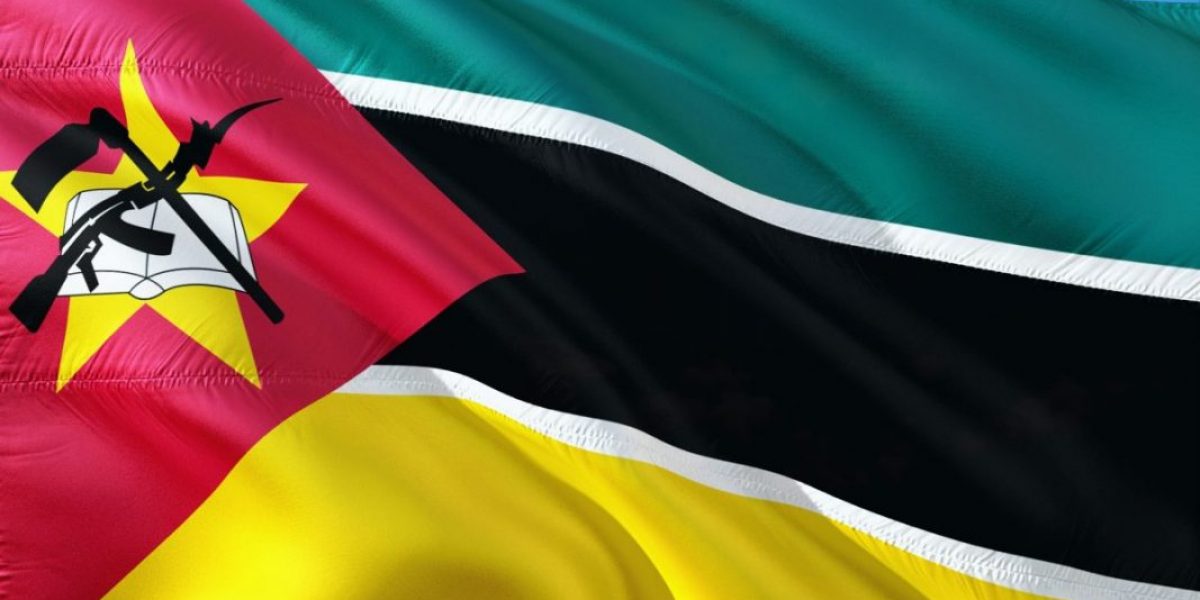It looks at the parliamentary structures and channels for disseminating information; how civil society engages with parliament; and the role of opposition parties. Finally, it draws up conclusions and recommendations that could help a democracy to be sustainable.
About the contributors:
João CG Pereira is a lecturer in the Faculty of Social Science, Department of Political and Public Administration, and manager of the Democracy and Public Opinion Service at the Centre for Population Studies, Eduardo Mondlane University, Mozambique. He is a PhD candidate and research fellow at the Democracy in Africa Research Unit at the Centre for Social Science Research, University of Cape Town, South Africa.
Carlos Shenga joined the Mozambican parliament in 2001 as a staff member after completing his Honours in Public Administration at the Eduardo Mondlane University, and is a parliamentary assistant. He is currently on a Masters programme at the Department of Political Science, University of Cape Town, South Africa.
Related material:
- Notes from a Seminar on Strengthening Parliamentary Democracy
- Presentation by Marcelo Mosse at the Seminar (Portuguese)
Series Editor: Tim Hughes
SAIIA: 2005
ISBN: 1-919969-14-4
Published by SAIIA & funded by the Royal Danish Embassy, Pretoria.







